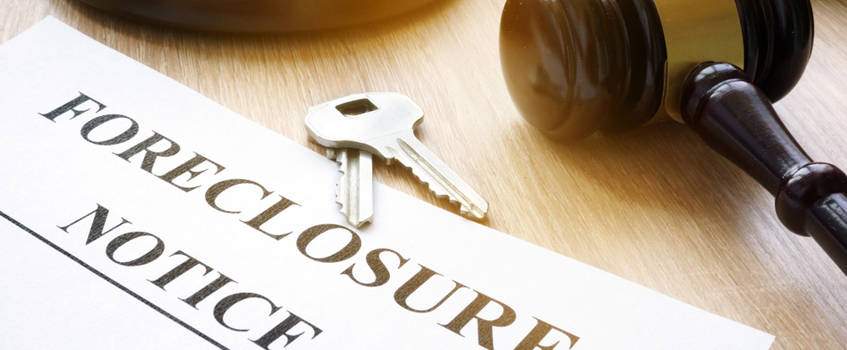Foreclosure Defense Lawyer for Hire
Foreclosure Defense Lawyer for Hire
Are you searching for a foreclosure defense lawyer? If so, The Eviction Law Firm can help! Let us walk you through these process to have an idea of what it takes to successfully win this case.
After foreclosure, the new owner can begin the process of getting possession of the property by having a foreclosure defense lawyer take care of his case and service a Notice to Quit and a cover sheet to the previous tenant. However, the length of notice depends on who occupies the home. The notices to quit lengths are three days or longer, depending if the resident was the borrower or nighty days if they were the tenants, subtenants, or family members.
Under certain conditions, the tenant can remain in the property for the remaining lease term when it was entered before the foreclosure sale.
However, the tenant cannot stay until the remainder of the lease, if the new owner acquired the home for its primary residence. Consequently, that is when the tenant can stay a maximum of 3 months.
Service of Notice
The eviction lawyer service the notice personally or by posting the notice to the door and later mailing a copy to the home. Also, by leaving a copy with someone over the age of 18 and then mailing a copy.
Unlawful Detainer Lawsuit
The owner may file an eviction lawsuit after the period in the notice has run. After filing, the court will issue a summons, warning the person being sued that he/she has five days after being served to submit a written response and serve a copy to the attorney who filed the complaint.
Service of The Lawsuit
Personal document delivery must be attempted first. If it’s not possible, the lawsuit may be left with someone over the age of 18, and a mailed copy to the home. Moreover, serving by means other than personal delivery gives the actual resident an additional ten days beyond the normal five days. Also, a Claim of Right to Possession along with the lawsuit can be mailed so that all occupants, even occupants not named in the lease as a Defendant, can be evicted.
Default
If the response deadline is missed, the new owner may request the court to enter the default of the tenant. The owner may seek a court order giving him the right to evict the resident also awarding the owner money from damages consisting of the fair rental value of the property.
Trial
Usually, the trial will be within twenty days after requested if the resident files it with the court by the deadline.
Eviction
After the court enters judgment on behalf of the new owner, the court clerk issues the paperwork that is later given to the Sherriff for service on the tenant.
Other Residents
The court judgment will be against the defendants, including other residents not named as defendants with the lawsuit.
Personal Belongings
If the resident leaves belongings such as furniture in the property, the owner may store them but cannot dispose of them without giving the resident a notice.
Appeal
The resident may appeal but filing it will not stop the eviction process, unless the court specifically so orders. Also, the tenants must pay into the court a fair rental value of the property while the appeal is taking place.
Other Alternatives
The term “cash for keys” means that owners can pay the resident to leave. The amount is not set by law, but sometimes the owner does not even have to offer anything.
Length of the Process
The eviction process can be a matter of days or months depending on hiring the right eviction lawyer. Most of the time it takes from 30-60 days.
The Eviction Law Firm – Foreclosure Defense Lawyer
Call today for booking a consultation at 877-573-8428


